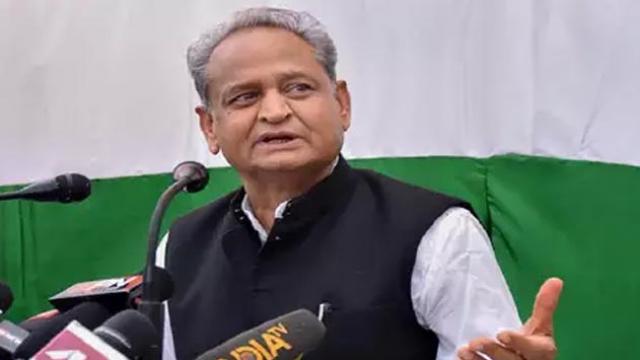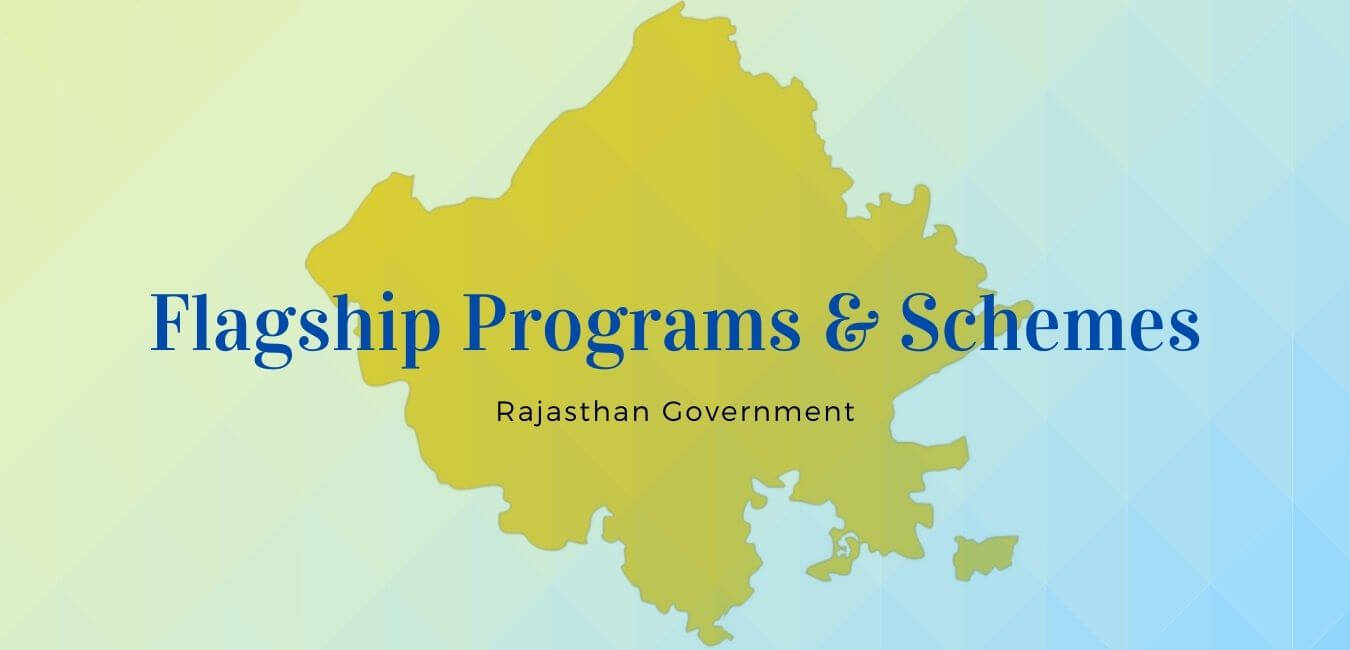Most of our cities generate a phenomenal amount of waste every day. Safely disposing and utilising such waste is a challenge every city faces. In order to deal with this, the Rajasthan State Pollution Control Board (RSPCB) has come up with a ‘start-up’ policy through which the body will fund and promote start-up projects which will help convert waste into energy or other useful products and encourage disposal of waste.
Disposing municipal solid waste, slurry from stone industries, industrial waste, e-waste, waste of smelter and other kinds of waste is an issue. The RSPCB is giving ₹25 lakh financial assistance to those who can come up with technological innovations to transform such waste into useful products.
“Waste management is one of the board’s focus areas. Some wastes have excellent recycling and recovery potential. So RSPCB has decided to encourage start-ups,” regional officer, RSPCB, Kota, Mr Amit Sharma said. “RSPCB will provide a grant of up to 30% of the project, with a ₹25 lakh ceiling, to the entity which comes up with a business model based on an innovation and makes it scalable for achieving commercial success after due approval,” he added.
Mr Sharma said that the amount of the grant can be increased in exceptional cases. “A corpus of ₹5 crore has been formed under this policy,” he revealed.
“RSPCB aims to seek the participation of community-based organisations and private sectors (entrepreneurs and investors). The scheme focuses on three parameters — reduce, recycle and recover,” Mr Sharma elaborated.
For the waste recycling plant, the project should be based on waste available in Rajasthan. “The project proponent may be allowed to supplement the waste up to 50% from outside the state if the committee finds that it is necessary for the viability of the project,” he said.
Also, financial assistance for the project will be provided only to meet capital costs and not for procurement of the land.
When asked how many such projects have been sanctioned so far, head of projects, RSPCB, Rajasthan (Jaipur), Mr Bhuvnesh Mathur, said, “Since the policy has been introduced only a couple of months ago, it is yet to fund any project. But the policy is being promoted to encourage people to come forward.”





